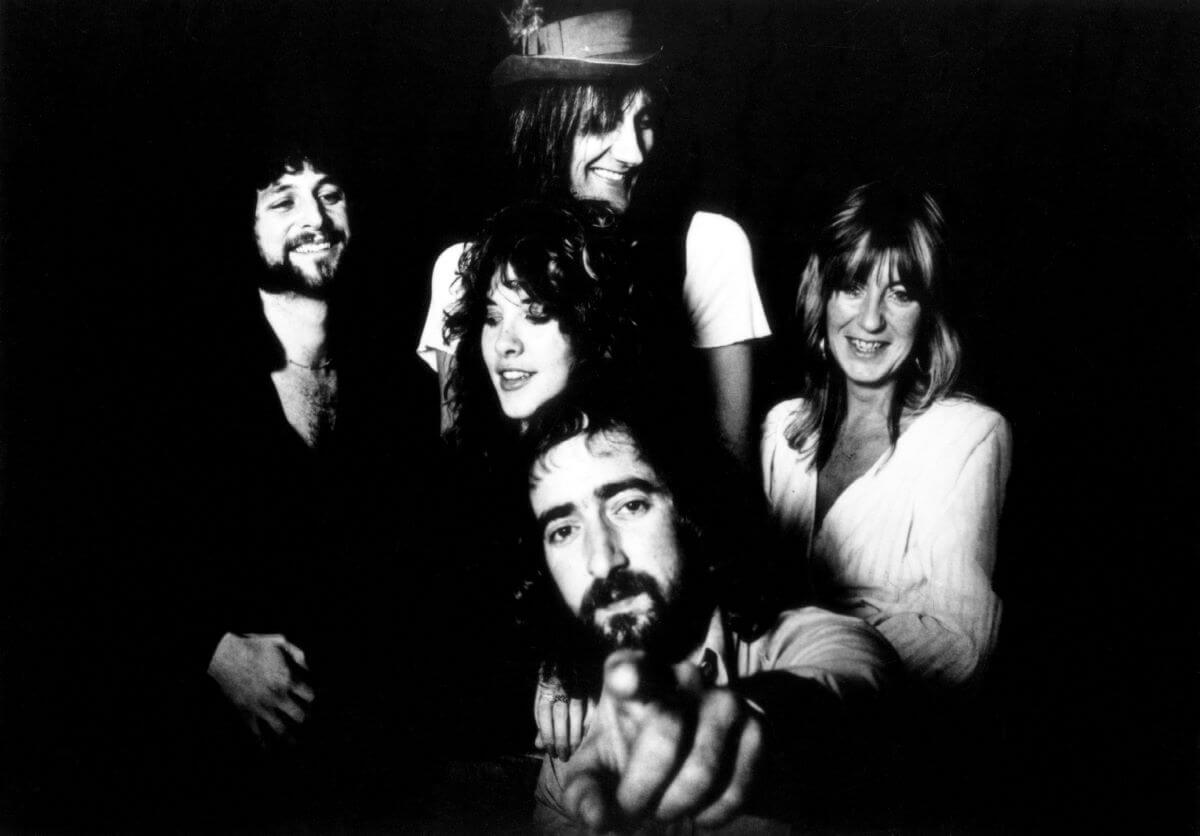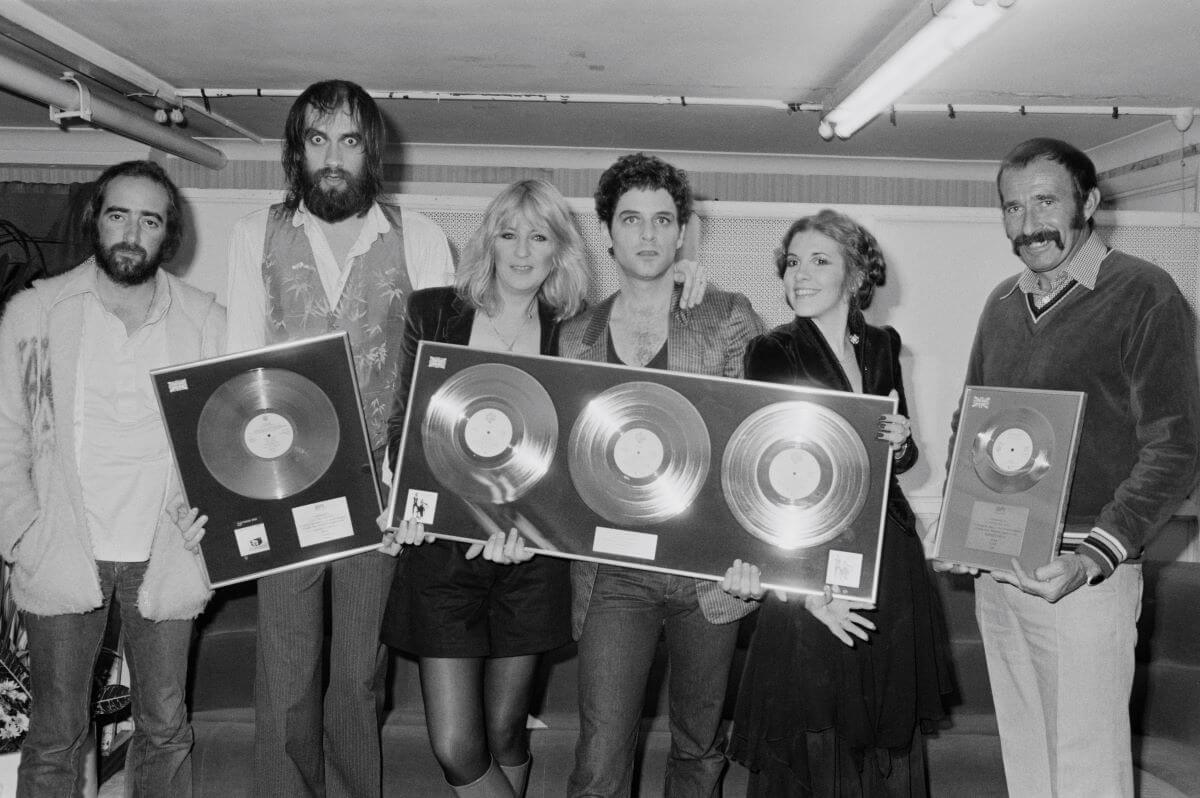
The Fleetwood Mac Album Critics Called a Less ‘Potent’ Version of The Beatles’ ‘White Album’
In 1979, Fleetwood Mac released Tusk, an experimental album that was a stark departure from Rumours. The album was not as commercially successful as its predecessor and, while critics liked it, they didn’t think it stacked up to the band’s 1977 magnum opus. Still, it drew some comparisons to The Beatles. Some critics didn’t use the comparison as a compliment, though.
Critics compared a ‘Fleetwood Mac’ album to The Beatles
The stormy dynamic that hung heavy over the Rumours recording sessions followed Fleetwood Mac into the studio as they worked on Tusk. Lindsey Buckingham seized creative control and his bandmate’s songs didn’t fit all that snugly into his vision. As a result, the album sounded like a mismatched collection of songs instead of a cohesive whole. This quality, some critics said, evoked The Beatles’ White Album.
“[F]leetwood Mac‘s Tusk represents both the last word in lavish California studio pop and a brave but tentative lurch forward by the one Seventies group that can claim a musical chemistry as mysteriously right — though not as potent — as the Beatles’,” Stephen Holden wrote for Rolling Stone. “In its fits and starts and restless changes of pace, Tusk inevitably recalls the Beatles’ White Album (1968), the quirky rock jigsaw puzzle that showed the Fab Four at their artiest and most indecisive.”
Though Holden did not see Tusk as a failure, he didn’t think its mosaic quality achieved what The Beatles did.
“The White Album was also a trip, but one that reflected the furious social banging around at the end of the Sixties. Tusk is much vaguer,” he wrote. “Semiprogrammatic and nonliterary, it ushers out the Seventies with a long, melancholy sigh.”
In a conversation with Lindsey Buckingham, journalist Blair Jackson agreed with the White Album comparisons. He did not see them as a compliment.
“Actually, though, I felt some of that comparison was negative, because it implied — just as similar criticism of the White Album implied — that on Tusk we weren’t hearing much of Fleetwood Mac, but rather Lindsey Buckingham fronting a band for his songs, Stevie Nicks fronting a band for hers, and so on,” (via Fleetwood Mac on Fleetwood Mac).
Lindsey Buckingham liked that the Fleetwood Mac album was compared to The Beatles
When Jackson brought up the Beatles comparison to Buckingham, he said they were nothing but a major compliment to him.
“I was real happy about that,” he said. “Any comparison to The Beatles is a compliment in my book.”
He saw the White Album as a success, even though Paul McCartney and John Lennon took separate approaches to it. He believed it was unfair to criticize bands for this type of album.
“I’m not sure it’s valid to criticize something because on one record the approach is individualistic and on another it’s collective,” Buckingham said. “The question is, ‘What is the music giving off? Is it any good?’ To criticize Tusk for that is silly. I think there are valid criticisms of Tusk, but that’s not one of them.”
Lindsey Buckingham thought there were more valid reasons to critique the album
Buckingham believed it made more sense to criticize Tusk by comparing it to Rumours, not the White Album.
“Well, in terms of songwriting, there are levels that Rumours succeeded on that Tusk didn’t, and vice versa,” he said. “In the case of Tusk, I think it’s important to think about some of the things we didn’t do. We didn’t harmonize very much, which was one of Rumours’ strong points. A lot of the songs didn’t use full drums, and the arrangements as a whole were a lot airier — there was more space. There were some odd combinations of instruments and sounds.”

Still, he did not think that Tusk being more scattered than Rumours was an issue.
“Tusk was more fragmentary, but I don’t look at that as a negative thing,” he said. “I think it’s good because if you turn on the radio, everyone is using the same tired formulas for songwriting and recording.”


